Let’s take a look at some of the most common Jeep 2.0 Turbo problems. Jeep owners love their vehicles for good reason. They’re reliable, capable off-road machines that can handle a variety of tasks. But even the best machines can experience problems from time to time.
If you’re the owner of a Jeep with a 2.0 Turbo engine, then you’re probably aware that these engines can be prone to certain problems.
You don’t have to worry if your Jeep suffers from any of these problems – there are solutions available! We’ll go over each problem and discuss the best ways to fix it so you can get back on the road in no time.
What's in this post?
All The Common Jeep 2.0 Turbo Problems
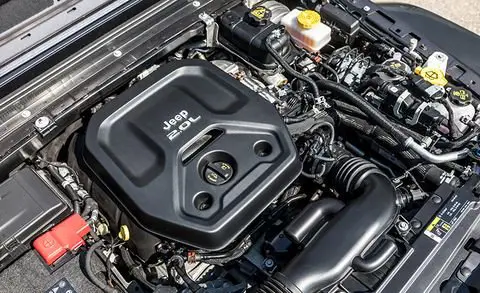
Standard automatic transmission
Jeep’s 2.0 turbocharged engine is one of the most powerful and capable engines available in a Jeep. However, it is not without its share of problems. One of the most common issues is that the automatic transmission tends to slip when under heavy load.
This can be a major problem when trying to climb steep hills or navigate through rough terrain. Another common issue is that the engine tends to overheat when working hard for extended periods of time. This can lead to serious damage if not properly addressed.
A smaller towing capacity
When it comes to towing capacity, the Jeep 2.0 compact engine falls short when compared to the rest of the Jeep engine lineup. Even though the 2.0 compact is able to tow up to 3,500lb max, this is still less than what the Regal and Grand Cherokee can tow.
The lack of horsepower and torque is the main reason why the 2.0 compact has a lesser towing capacity. Even though the 2.0 compact is not able to tow as much as the other Jeep engines, it is still a powerful engine that is able to get the job done.
High maintain cost
The Jeep 2.0 Turbo is a popular vehicle, but it has some problems that can make it expensive to maintain. One issue is that the turbocharger can fail prematurely, resulting in costly repairs. In addition, the engine may suffer from oil leaks, which can cause damage to other components.
The Jeep 2.0 Turbo also has a tendency to overheat, and this can lead to serious engine damage. As a result, it is important to be aware of these potential problems before purchasing a Jeep 2.0 Turbo. Otherwise, you may end up with a vehicle that is difficult and expensive to keep on the road.
Leaking coolant
Jeep 2.0 turbo problems can be frustrating for owners. One issue is a coolant leak from the battery pack, which can lead to engine overheating and damage other vehicle components. In some cases, a faulty seal or gasket may cause the leak.
In some cases, a crack in the battery pack may be the cause. If you see coolant leaking from your Jeep 2.0 turbo, it’s crucial to have it diagnosed and repaired promptly. Otherwise, it could result in significant vehicle damage. Fortunately, there are many skilled Jeep repair shops that can quickly and easily address this issue.
Jeep 2.0 Turbo owners have reported battery packs leaking coolant, prompting an investigation by the National Highway Traffic Safety Administration (NHTSA). No findings have been released, but the issue seems linked to a faulty cooling system.
In certain instances, coolant leakage has led to battery pack overheating and fire. Jeep has recalled affected vehicles and is currently developing a solution. Meanwhile, owners are advised to park their cars outdoors and away from structures or other vehicles. It’s also recommended to keep a fire extinguisher accessible for emergencies.
Not made in the USA
The Jeep 2.0 is not made in the USA, but it still has a lot to offer for those who want an off-road capable vehicle with modern updates!
Been recalled
The jeep turbo 2.0 was recalled twice, once because of a possible cracked plastic connector that connected the high-pressure fuel pump to the supply line; but they fixed it without any cost! This also doesn’t mean your engine is bad – just be aware there might have been some problems with these particular models if you own one already.
Less Horsepower and towing capacity
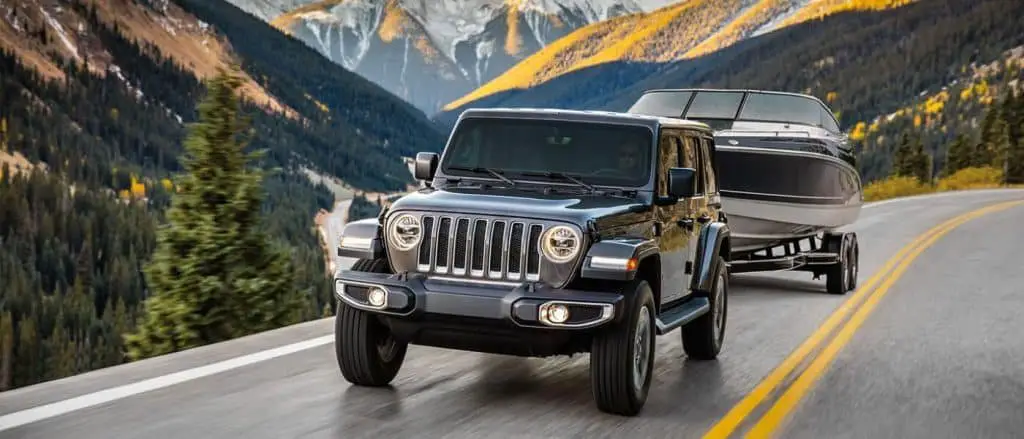
Some Jeep 2.0 Turbo models have been found to have less than advertised horsepower and towing capacity. This can be a big problem if you’re relying on your Jeep 2.0 Turbo for heavy-duty tasks like towing a trailer or climbing a mountain.
In addition, some owners have reported that their Jeep 2.0 Turbo doesn’t have the same off-road capability as other Jeeps in the same class. If you’re considering buying a Jeep 2.0 Turbo, make sure to do your research and read reviews from owners before making your final decision.
Require high-quality gasoline
The all-new 2020 Jeep Grand Cherokee has been out for a few months now and while it’s not as powerful or fancy-looking, people are still talking about how great this vehicle drives!
One big reason why drivers love the 2.0 Turbo engine? It only needs premium fuel to operate properly so high gas prices will affect your driving experience – plus you won’t have any problems getting around town since there’ll always be enough power on hand thanks ampersndingly governed by its super-efficient technology system which kicks

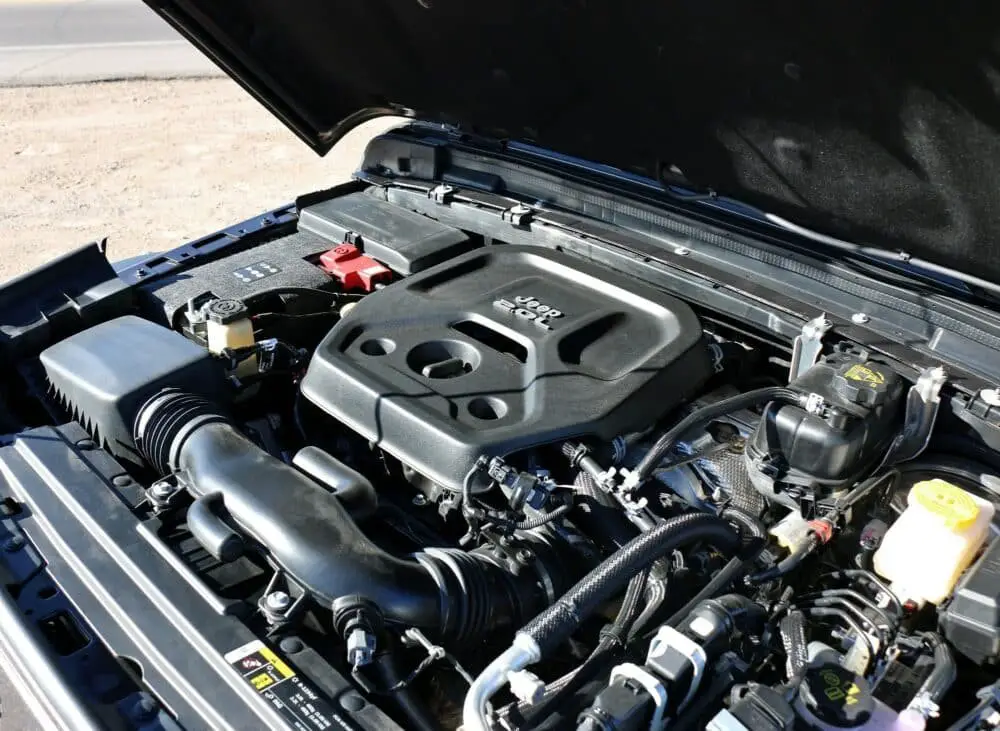


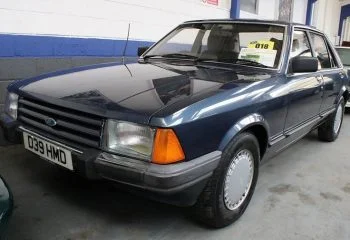
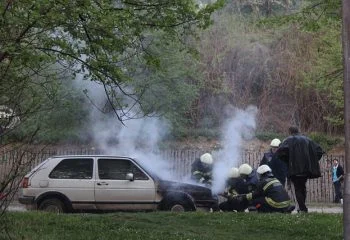
Good article.
Thank you, Helen!